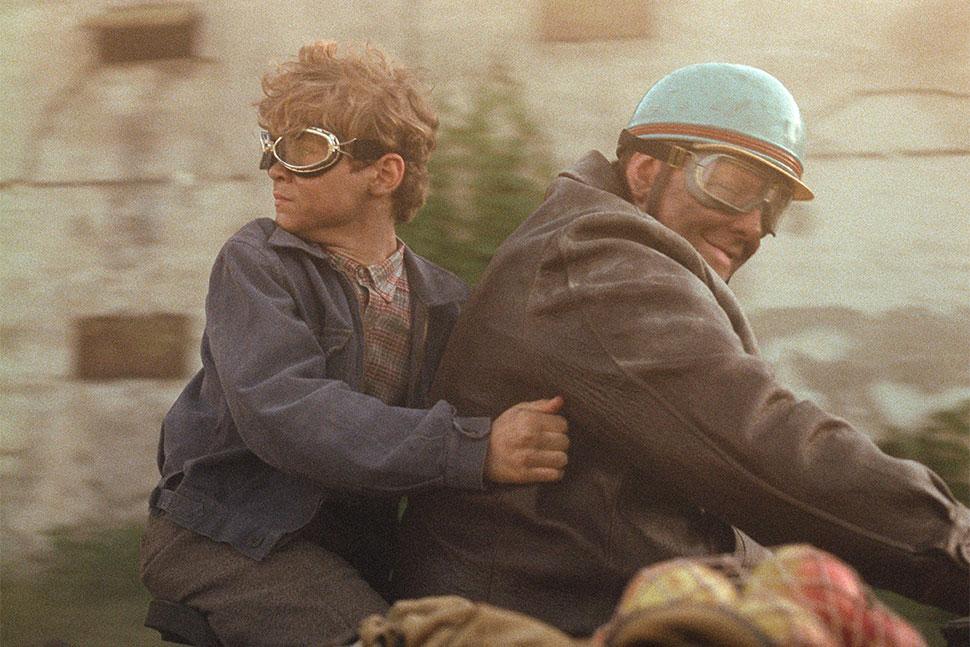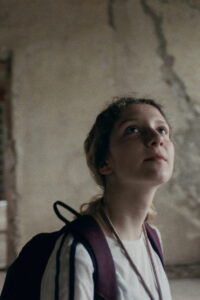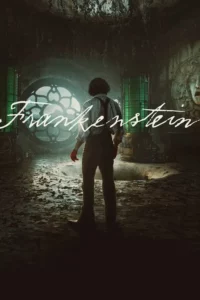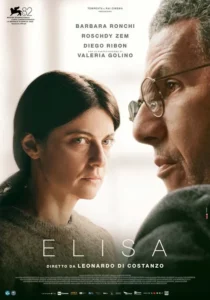A film by László Nemes
With: Gyorgy Bojtik, Andrea Waskovics, Bojtorján Barabas, Grégory Gadebois, Marcin Czarnik, Eliz Szabo
In Budapest in 1957, one year after the failure of the Hungarian Revolution, a young Jewish boy whose mother has raised him to believe that his father will return from the camps has his hopes shattered when a brutish stranger appears on the doorstep to take his family back.
Our rate: **
Like Bastien, who wrote this wonderful review of Son of Saul for us, we had high expectations for László Nemes‘ Orphan. We thought it would be selected for the official competition at Cannes, but we had to wait until La Mostra to finally see it. In terms of both content and form, the young Hungarian director, with two feature films of wild ambition and remarkable mastery, has shown (too?) great promise. Promises that Orphan, in its overly academic first half, fails to deliver on, seeming to come to a standstill in its narration. Formally, it is also disappointing, lacking a strong signature, a far cry from the Visconti-esque worlds glimpsed in his last feature film Sunset, or the crazy stylistic exercise (the sequence shot film) in which the ardor of youth led him with Son of Saul. This lengthy setup revolves around its characters, even annoying us with its insistence, its recurring motifs, and its decision to make us see the world through the eyes of its young main character, who is singularly lacking in charisma and awkward in his acting. Above all, Orphan seems strangely familiar to us, leaving behind a disenchanting feeling of déjà vu. Despite a persistent feeling that this film would have been much more powerful 30 years earlier (telling us about a time that has no real connection to our own, set in a personal story in Hungary, it lacks universality and reflective power), the second half of the film is more convincing, sticking to its main theme of the search for identity and, above all, giving it new momentum. As the need for identity finds its first answers, Orphan poses questions that are far more universal than the first part managed to do. Another character then takes precedence over the young orphan, that of the prospective father, played by the always excellent Grégory Gadebois, albeit in a role that has become caricatural for him—even though he has since shown other, more subtle ranges than this role of a somewhat boorish butcher who is not very appealing despite his good intentions—but he does it well. The form in this second part is noteworthy, particularly the cinematography, which is especially sublime in a very beautiful final scene.










Be First to Comment